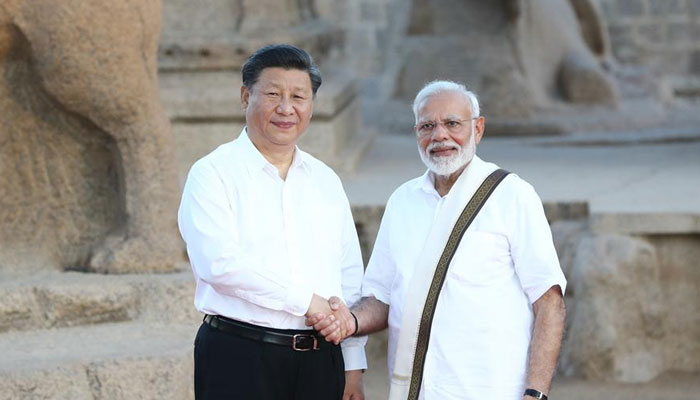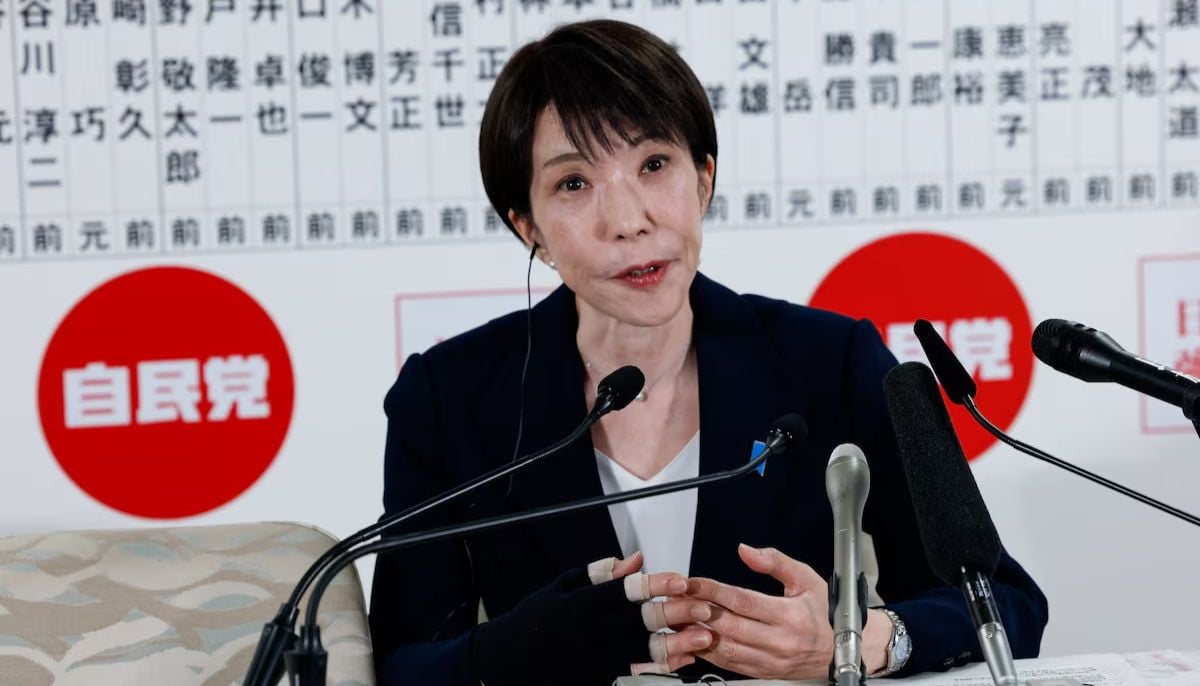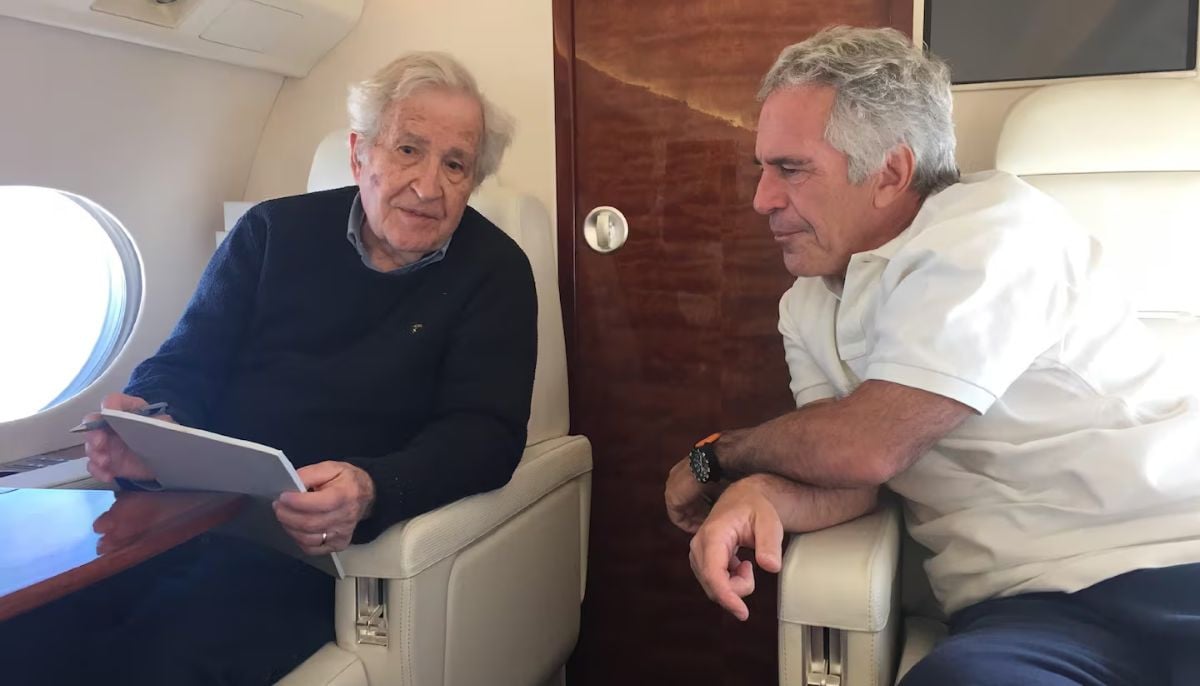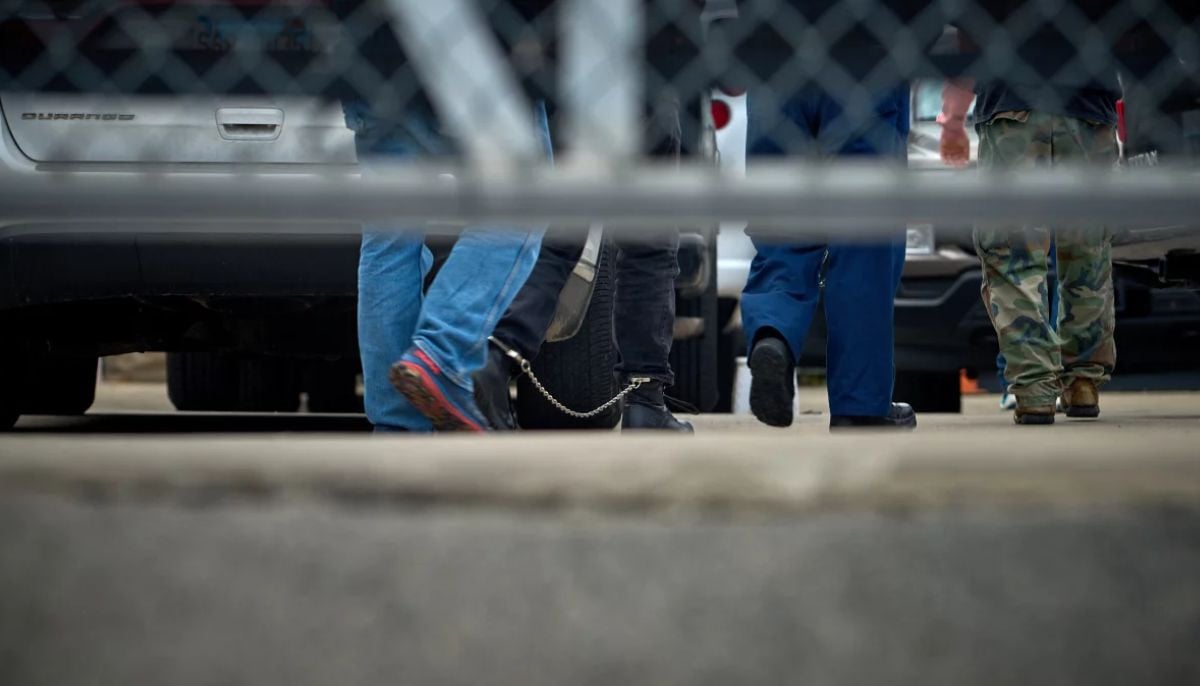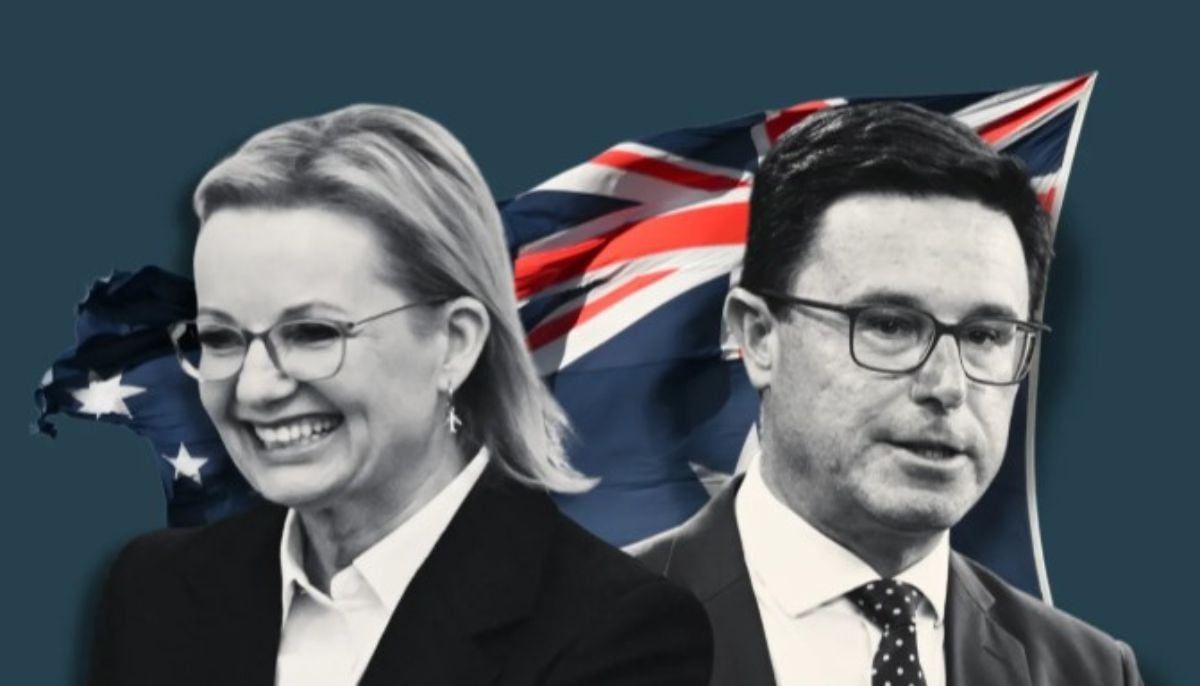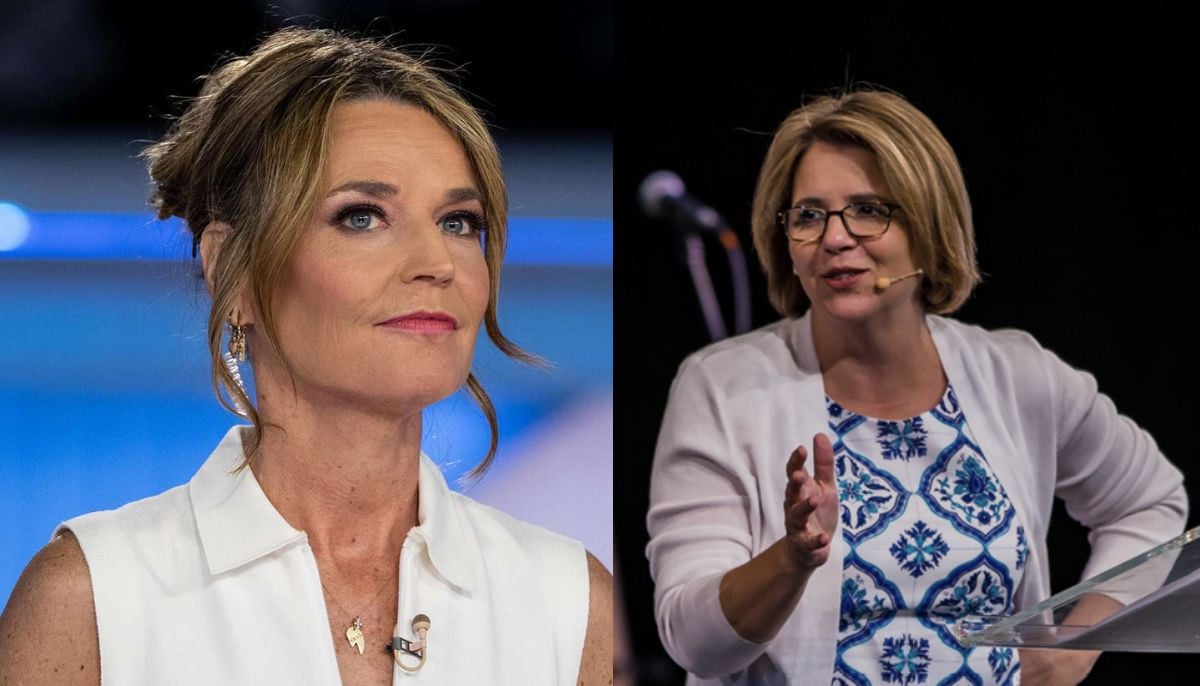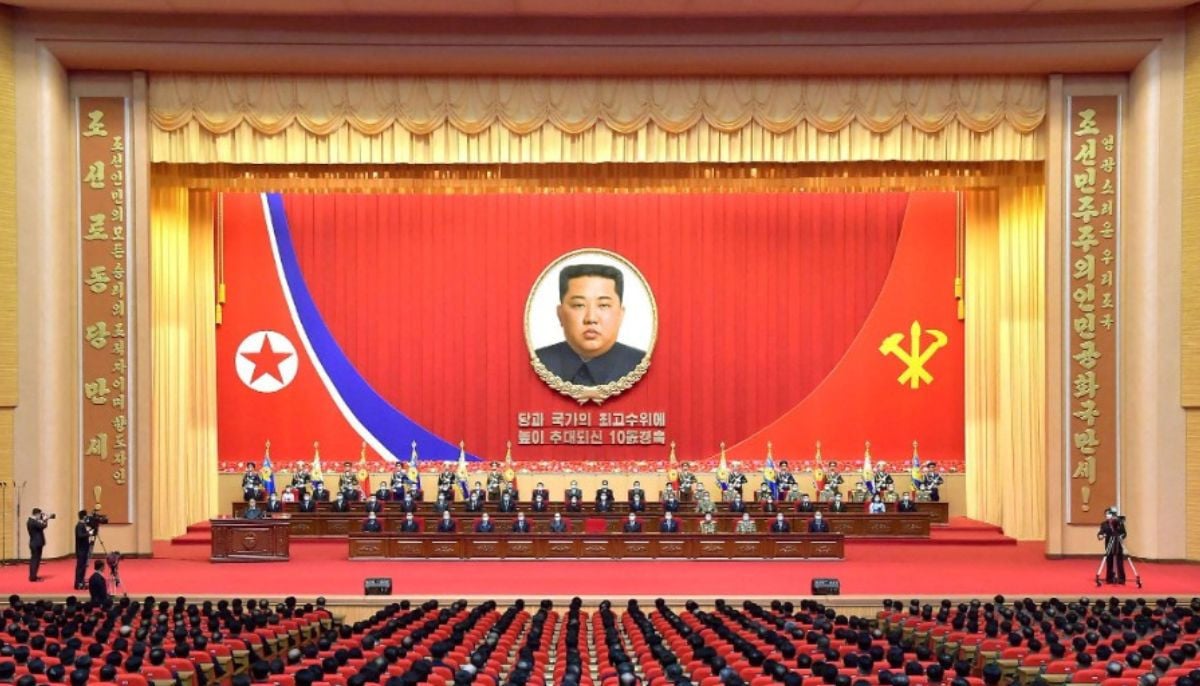Modi, Xi talk of ‘new’ ties, after differences
Narendra Modi and President Xi Jinping on Saturday spoke of a new era in relations
MAHABALIPURAM: India’s Prime Minister Narendra Modi and Chinese President Xi Jinping on Saturday spoke of a new era in relations, after talks aimed at overcoming differences between the world’s two most populous nations.
Modi and Xi strolled along a pristine Bay of Bengal beach and held one-on-one talks from chairs overlooking the ocean before their delegations sat down to official negotiations at the historic resort town of Mahabalipuram, south of Chennai.
The two leaders met for the second time in 18 months in a bid to ease tensions over border disputes, the troubled Kashmir region and China’s domination of trade between their economies.
They reaffirmed a pledge made at the last summit in Wuhan, China, that "both sides will prudently manage their differences and not allow differences on any issue to become disputes," said an Indian government statement.
Modi said the Wuhan summit had given "increased stability and fresh momentum to our relationship".
"Our Chennai vision today has launched a new era of cooperation between our two countries," he added.
Xi said in his opening remarks to the summit delegations that he and Modi held "candid discussions as friends."
China’s official Xinhua news agency later cited Xi as saying China-India relations "have entered a new phase of sound and stable development" since Wuhan.
"Maintaining and developing good relations between the two countries is China’s unwavering policy," Xinhua cited Xi as saying
- Kashmir silence -
The buildup to the summit was dominated by New Delhi’s revocation in August of the autonomous status of Indian occupied Kashmir.
Changes ordered by the Narendra Modi government will see Kashmir’s Ladakh region -- part of which is claimed by Beijing -- turned into a separate Indian administrative territory.
India has moved closer to the United States and its allies in seeking a counter-weight to China’s growing military shadow in the Asia-Pacific region.
It has been infuriated by China’s backing for Pakistan.
The Himalayan region has been a long-standing source of conflict between India and Pakistan. China’s proposal for major infrastructure building in Azad Kashmir as part of its Belt and Road programme has faced strong Indian opposition.
China is in turn sensitive to India’s letting the Tibetan spiritual leader the Dalai Lama keep his base in northern India.
But most of the disagreements were pushed to one side so they did not become a summit dispute.
Kashmir was not raised in the two days of talks, Indian Foreign Secretary Vijay Gokhale said.
They did, however, agree to step up their efforts so "that the international community strengthens the framework against training, financing and supporting terrorist groups throughout the world," said the Indian statement.
Modern rivalry between the world’s two most populous countries dates back decades.
They went to war in 1962 over disputed Himalayan territory, and other border standoffs remain.
Modi and Xi "reiterated their understanding that efforts will continue to be made to ensure peace and tranquility in the border areas," said the Indian statement.
According to Xinhua, Xi said the two countries should seek a boundary solution that is "fair, reasonable and acceptable to both sides".
On commerce, India and China are both facing a protectionist US and want greater access to each other’s markets. India in particular is concerned by China’s $57 billion surplus in their joint trade.
India’s summit statement said high-level talks would start on ways to "better balance" trade between the countries. Modi and Xi also agreed to "encourage" more cross-border investment.
No mention was made, however, of China’s campaign for New Delhi to give Chinese telecoms giant Huawei a key part of India’s transformation to 5G communications.
The United States has been lobbying strongly against letting Huawei spread its influence because of its alleged close links to the Beijing government.
According to Xinhua, Xi said the two countries should strive for a partnership in manufacturing, and he invited Indian pharmaceutical and IT firms to invest in China.
Xi flew to Nepal for a one-day stopover on his way home, a country that India has traditionally considered within its sphere of influence. China is pressing for a greater share of Nepal’s infrastructure projects.
-
18-month old on life-saving medication returned to ICE detention
-
Cardi B says THIS about Bad Bunny's Grammy statement
-
Chicago child, 8, dead after 'months of abuse, starvation', two arrested
-
Funeral home owner sentenced to 40 years for selling corpses, faking ashes
-
Australia’s Liberal-National coalition reunites after brief split over hate laws
-
Savannah Guthrie addresses ransom demands made by her mother Nancy's kidnappers
-
Washington Post CEO William Lewis resigns after sweeping layoffs
-
North Korea to hold 9th Workers’ Party Congress in late February
